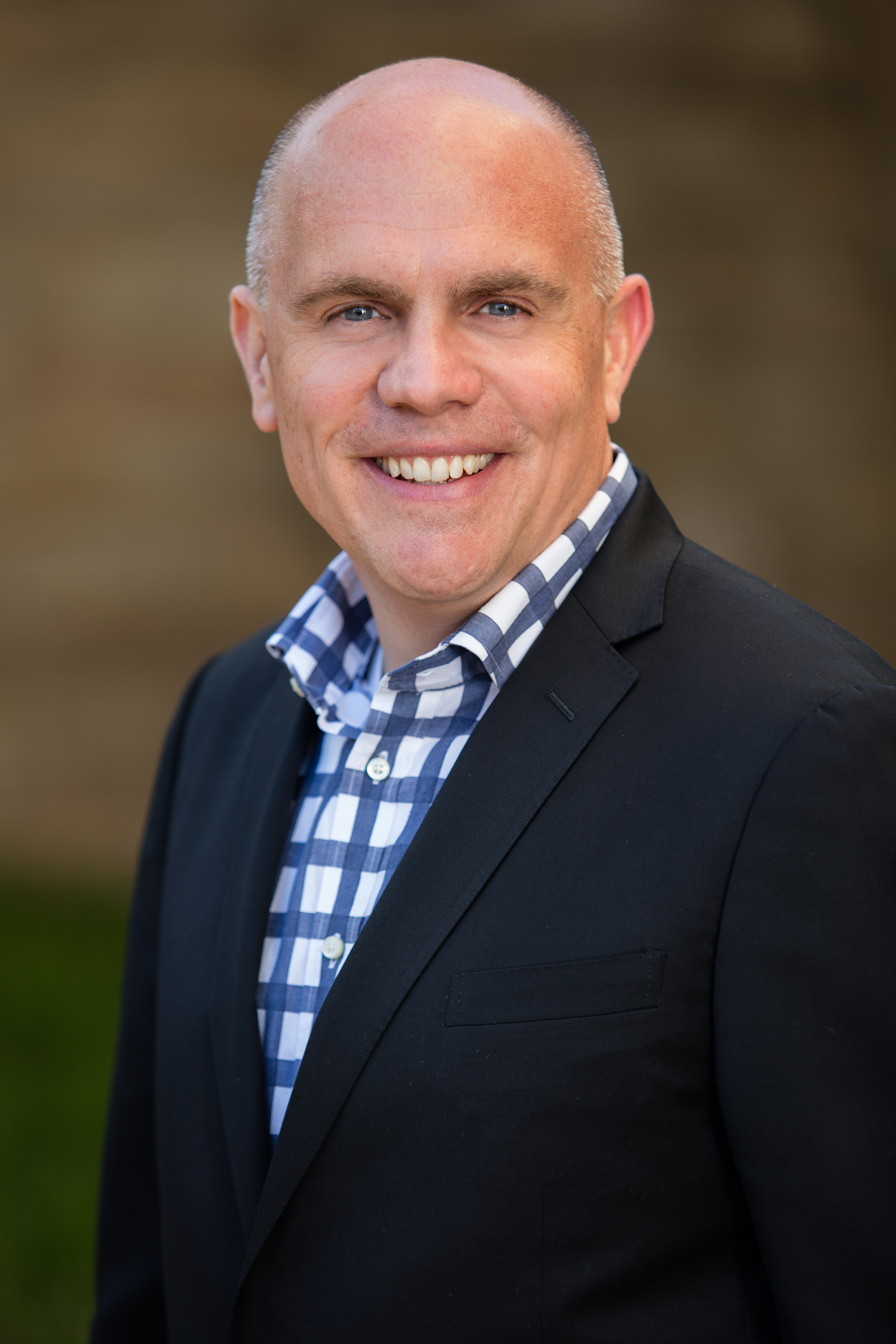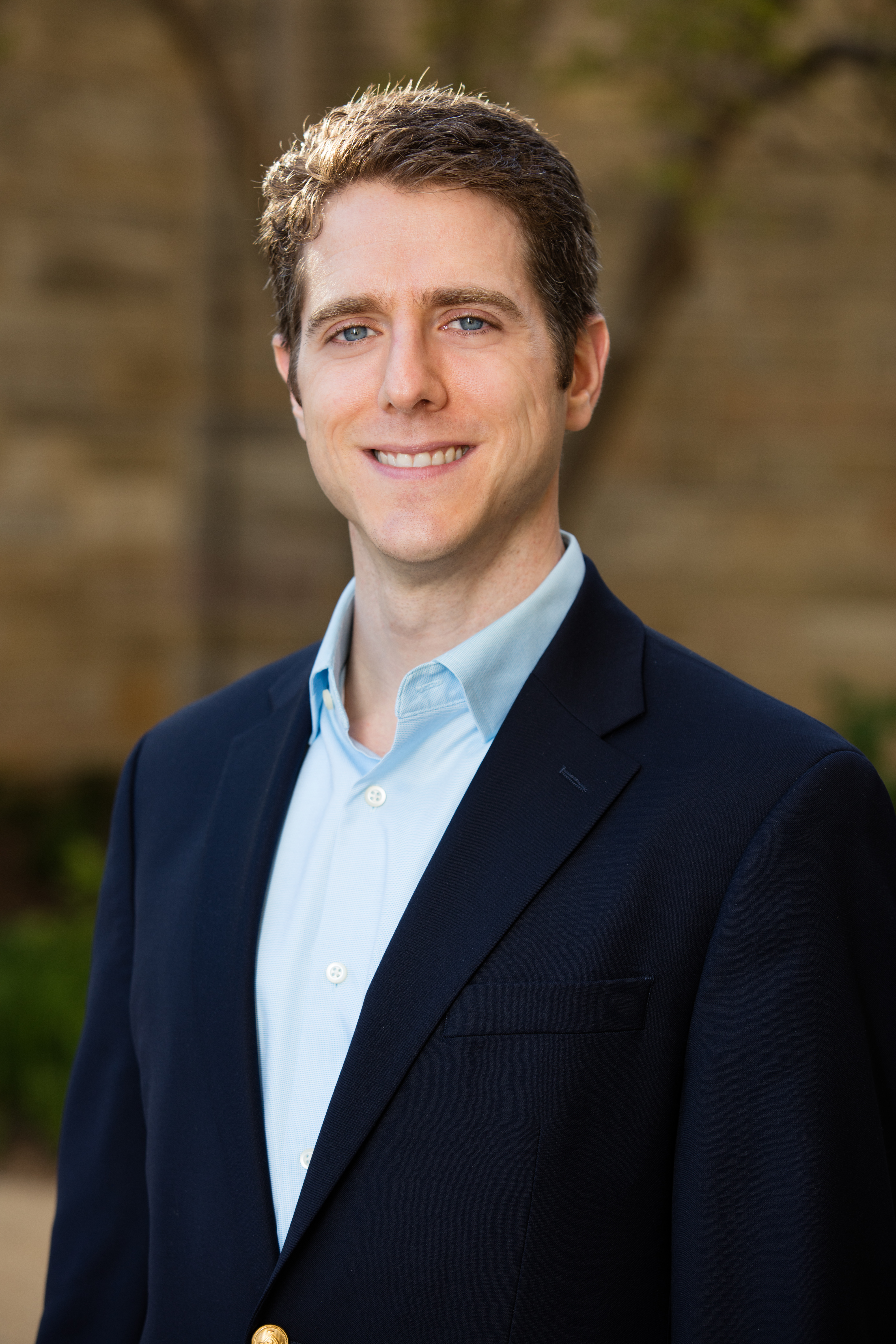The 21st Century Cures Act generated significant discussion at the J.P. Morgan Healthcare Conference last month in San Francisco. In our final post on the meeting, David Lapidus and Chris Smith discuss what we learned…
David:
Chris, you always have your eye on how orphan drug companies are collaborating with patients. Did you see any shifts at this year’s J.P. Morgan conference?
Chris:
There’s excitement around the 21st Century Cures Act. To reap many of its benefits, pharma has to work more closely with patients. Drug developers have an opportunity to earn regulatory approval more efficiently and with less investment, but they’ll need to win over patients to take full advantage of the Cures Act.
David:
How does the Cures Act make patients more influential?
Chris:
Regulators are authorized to give more weight to patients’ perspectives. Patients are encouraged to comment on the real-world importance of trial outcomes as well as risk/benefit considerations. If patients are willing to testify that a therapy improves their lives with an acceptable level of risk, then regulators can be receptive to that argument. This should drive drug makers to align their development process with goals that are supported by patients.
David:
You’ve helped companies integrate patients’ perspective into early-stage development. How does patient participation change development strategies?
Chris:
We’ve partnered with companies to host patient symposia. They’re closed forums between patients and a few dozen of the company’s researchers and clinicians. These symposia help companies understand the reality of present-day disease management and what kinds of improvements would be meaningful to patients. It’s also a way to help patients understand what is needed to reach that “better tomorrow”—registries, natural history studies, biomarkers, and so on. The patients can get comfortable with those activities, and they can even lead initiatives that involve the community.
David:
The J.P. Morgan conference is more oriented toward investors than patients. In that environment, how can you tell when a company is collaborating with patients, as encouraged by the Cures Act?
Chris:
Most of the communication at J.P. Morgan happens at one-on-one sessions between companies and potential investors and partners. In these sessions, I would look at how companies present the disease as well as the development program. For example, when discussing the disease burden, can they illustrate their hypothesis with anecdotes from real patients with whom they’ve spoken? Does the development program use endpoints that have been validated by large-scale patient feedback? Has the community been consulted about acceptable risks versus benefits? These questions should be part of investors’ diligence even at an early stage. The answers are meaningful, of course, but they also show whether the company has the type of patient support that can lower barriers to trial recruitment, regulatory approval, and adoption.
David:
Patients may not be working at the bench, but they can still contribute to drug development.
Chris:
That’s right. Companies need to understand that innovation doesn’t just belong to them. It also comes from the medical and patient communities. When pharma treats them as partners, it’s easier to reach our shared goal of better health. Health care policy can seem like a battle with winners and losers, but drug makers need to fight that myopic view. It isn’t a matter of good public relations; it’s a question of whether we’re doing work that patients and caregivers genuinely need. If we are, then they will be far more effective messengers than we can ever be.

Chris Smith is the President and CEO of SmithSolve, a communications agency helping clients earn trust, manage risk and break through the noise.


 RARE COLLECTIVE® is a trademark of Rare Collective, LLC.
RARE COLLECTIVE® is a trademark of Rare Collective, LLC. 